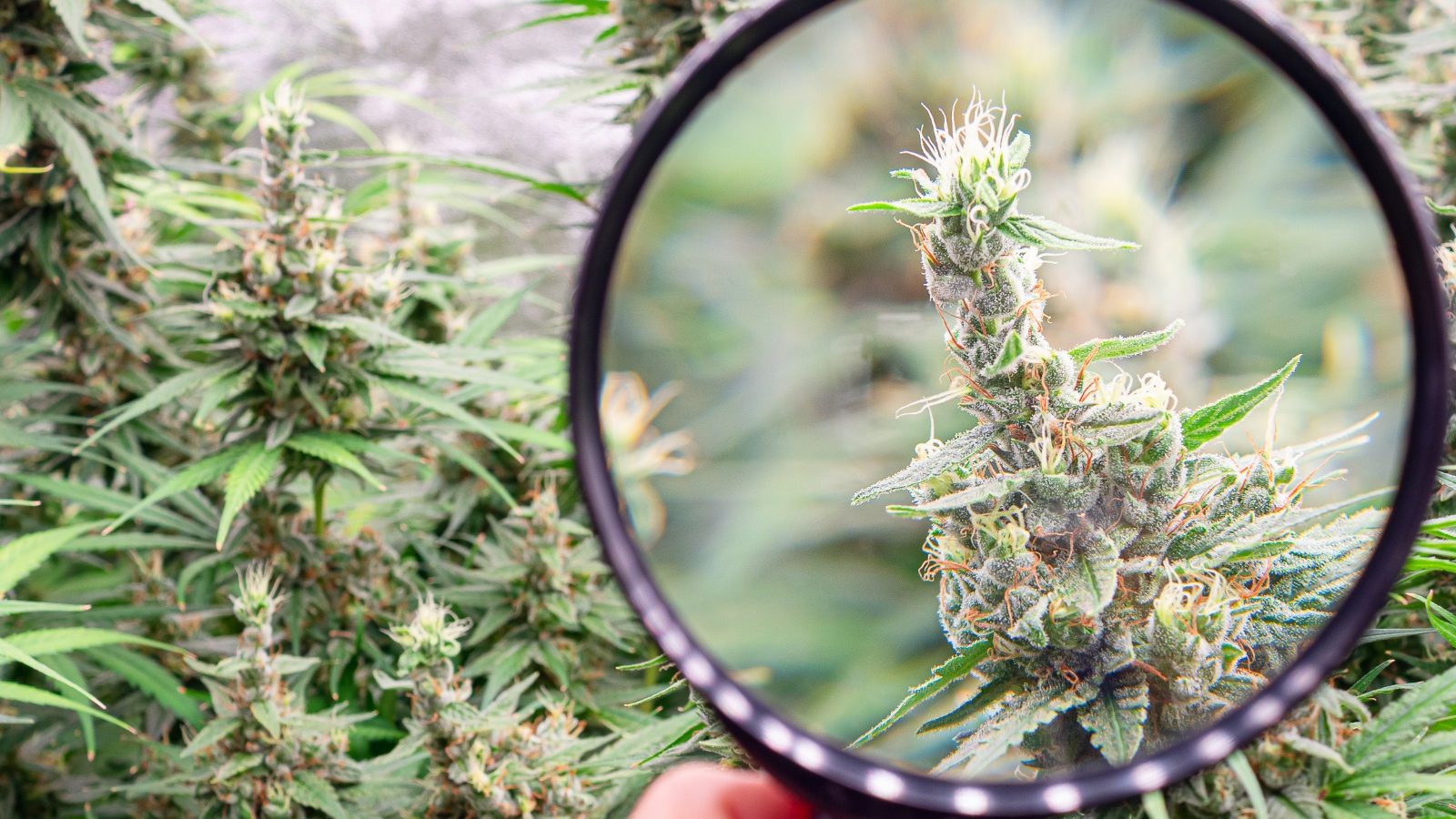Well, sports betting companies, here’s some cold comfort, probably best served with a bong rip: You’re not alone when it comes to state legislatures mucking around with your tax rates.
Cannabis — you know, weed, grass, dope, Mary Jane, etc. — has been legal for recreational use on a state-by-state basis for a little longer than sports betting outside Nevada (Washington and Colorado were first on he marijuana front, back in 2012). And while the legal cannabis world had a six-year head start, it hasn’t been long enough for politicians to stop tinkering with the taxes.
And while there has been nothing as onerous as the Illinois legislature proposing to slap on a 25-cent per-bet fee (which grows to 50 cents after the first 20 million wagers), it doesn’t mean the taxes on cannabis retailers — and cannabis partakers — have stayed static.
Some examples:
- On July 1 of this year, the excise tax on cannabis sales in California will go from 15% to 19%.
- On the same date in Maryland, taxes will go from 9% to 12% on the retail side.
- In Massachusetts, when voters were asked to legalize via ballot question, the excise tax rate was at 3.75%; by the time the law was written and implemented, it was up to 10.75%.
- According to this year’s budget proposal, the retail tax rate in Minnesota will go up from 10% to 15%. Notable: Weed isn’t even being sold yet in the state, with the law to legalize passing in 2023, but the first sales not expected to happen until next spring.
- In New Jersey, the Social Equity Excise fee more than doubled from its debut, with retailers paying $2.50 for every ounce of cannabis sold, up from $1.24. This year’s budget calls for an increase to $15 per ounce.
Of course, none of the above tax increases match some of the more outlandish moves made against the relatively fledgling sports betting industry. In addition to Illinois’ bet-based tax that is a governor’s signature away from becoming law, the legislature there upped the tax rate from 15% to a tiered structure last year, with the biggest companies (by handle) already paying 40% in taxes.
Some other notable hikes include:
- Ohio, which doubled its tax rate from 10% to 20% in 2023.
- Tennessee, which went from a 20% flat tax to a 1.85% tax on handle.
- New Jersey, where operators may find their taxes upped to 25%, based on this year’s budget proposal.
- And there have also been failed talks in Massachusetts, Indiana, and Maryland to boost the tax rates.
In short: If you’re offering a product that falls under the broad umbrella of “sin,” never take state legislatures at their word when it comes to taxes.
In the meantime, pack a bowl and place a parlay. Or did we say that already in the headline? Brain is a little foggy.






